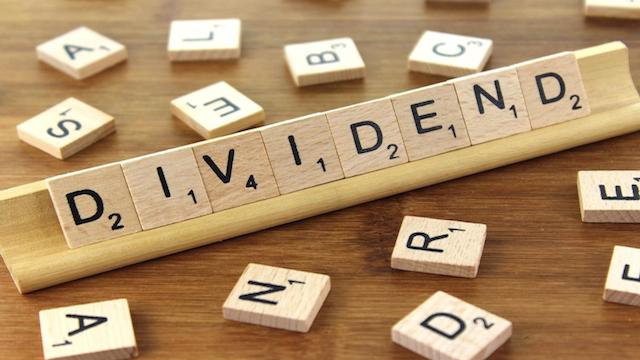In recent years, the popularity of share buybacks seems to have grown. This is a means by which companies return apparently excess cash to investors by buying up their own shares. In theory, it should equate to higher earnings on a per share basis, which could push the company’s share price higher (other things being equal).
However, it also means that the income return on offer from a company engaging in share buybacks is lower than it would be if the money was used to pay higher dividends.
A good idea?
The theory behind share buybacks suggests they are an effective means of utilising excess cash. Their supporters will suggest that they provide the company with greater financial flexibility, since a share buyback can be a one-off event conducted over a period of time. In contrast, dividends are expected to be not only paid each year, but in many cases a rise is anticipated. Therefore, share buybacks put less pressure on a company to deliver cash returns to shareholders.
A bad idea?
Cynics of share buybacks, however, suggest that they are a means for company management to increase earnings per share. In some cases, management compensation is closely aligned to earnings per share growth, so using excess cash to buy shares and reduce the number of shares in a company means profitability will rise on a per share basis. However, this does not mean that the company has necessarily added value or become an improved entity.
Furthermore, in some cases a company may use borrowed funds as opposed to excess cash to engage in a share buyback. Clearly, this is unsustainable and even if a company’s stock price appears low, it may be prudent to instead borrow to invest in new plant and machinery, rather than in simply buying shares.
A frustrating option
For dividend investors, share buybacks are rather frustrating. Certainly, if a company’s shares are cheap and it has lots of cash at bank then a share buyback may be logical. However, higher dividends may be preferable for most investors. That’s at least partly because a higher dividend will allow them to have a greater choice in terms of reinvesting in the business, or diversifying through investments elsewhere.
In addition, higher dividends could lead to a higher share price. With inflation across the globe expected to rise, demand for dividend growth may increase. This could make companies which prefer to raise dividends rather than conduct share buybacks more popular.
A possible solution
With that in mind, a potential solution could be the payment of a special dividend. This would keep investors happy and show the stock market that the company in question is confident in its financial future. It would also not require a regular payment, which gives the company greater financial flexibility. And, it could mean a share price rise as investors are likely to bid up the price of the company’s shares until they settle at a more ‘normal’ yield which is more in line with that of the wider index.
As such, while share buybacks pose a threat to dividends at the present time, increasing demand for higher dividends in future years could mean they are replaced by special dividends or higher ordinary dividends.







